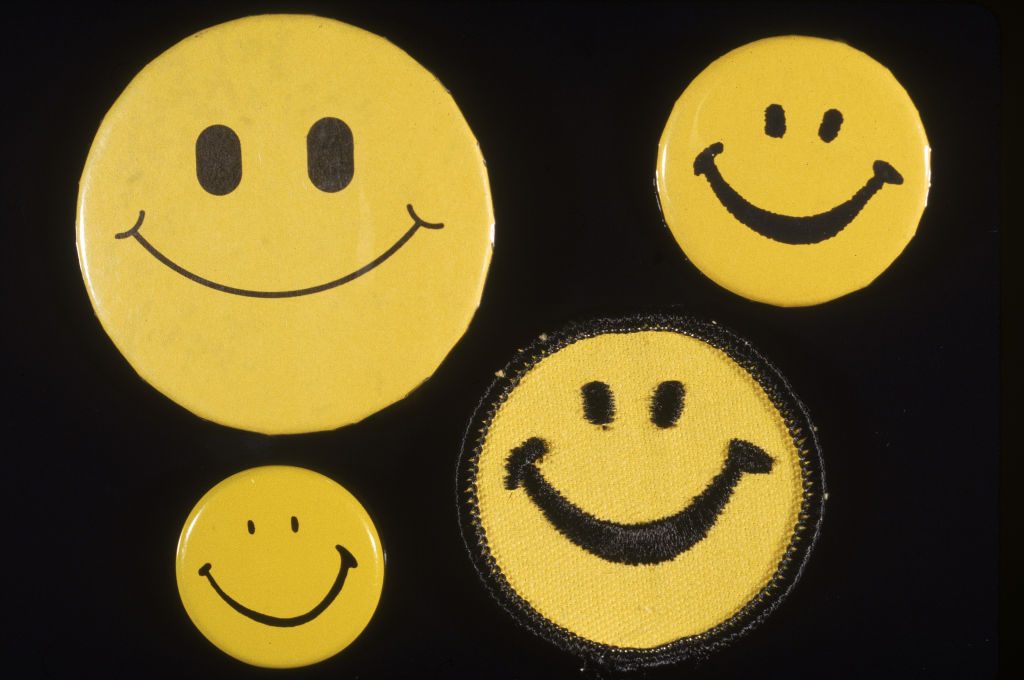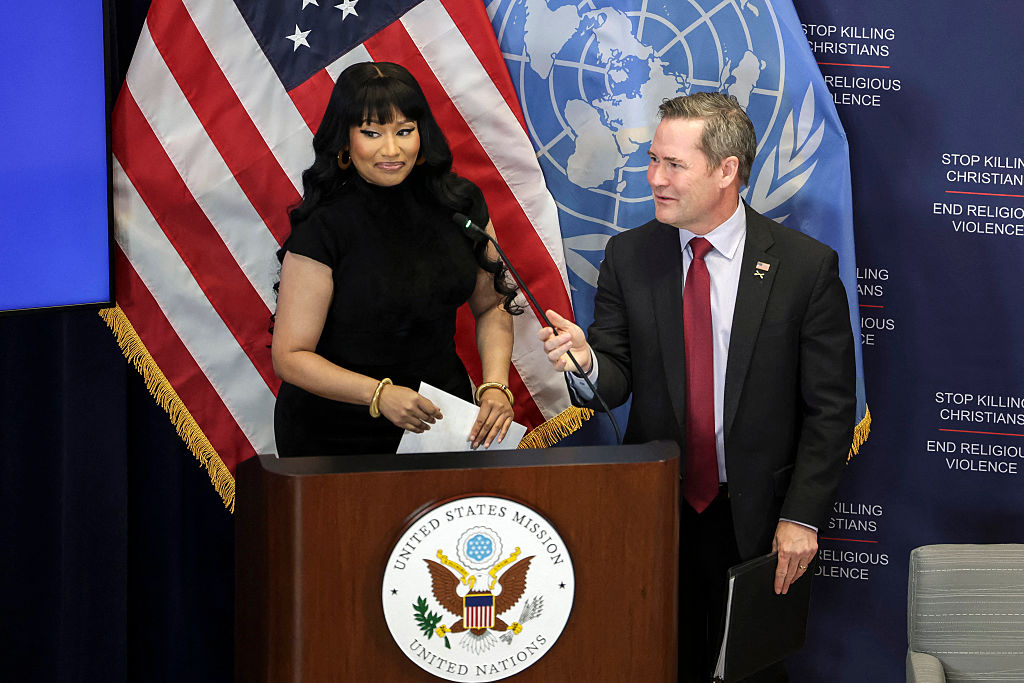According to the annual World Happiness Report (WHR), America has dropped to 24th in the rankings, down from 11th in 2011. The study found that Americans are not just disgruntled, we’re not very nice to one another, either.
“The impact of caring and sharing on people’s happiness” was the theme of this year’s report, and researchers concluded that following “the golden rule” of doing unto others as you would have them do unto you brings contentment. “Like ‘mercy’ in Shakespeare’s Merchant of Venice,” the WHR authors write in their executive summary, “caring is ‘twice-blessed’ – it blesses those who give and those who receive.”
If caring and sharing make people happy, and happiness levels in the US are at an all-time low, it stands to reason that we’re neither caring nor sharing as much as other nations – such as Finland, ranked the happiest country in the world for the eighth consecutive year.
Penelope Colston of the New York Times conducted a series of interviews with the Finnish people and declared that the secret to their collective happiness is “knowing when you have enough.” The article concludes that Finns are not so much happy in the Gene Kelly “Singin’ in the Rain” sense as they are mentally tough – demanding less and tolerating more.
“The Finnish way of life is summed up in sisu, a trait said to be part of the national character,” Colston writes. “The word roughly translates to ‘grim determination in the face of hardships,’ such as the country’s long winters. Even in adversity, a Finn is expected to persevere, without complaining.” Colston concluded by theorizing that Finns have more reasonable expectations about life. She quoted a Finnish man: “We don’t whine. We just do.”
Refraining from complaining is a selfless act and goes hand-in-hand with the report’s caring and sharing theme. Rather than being a product of self-indulgence, happiness grows when people learn to be satisfied with simple things and is compounded when we are generous to our neighbors. Colston also cited a Finnish man who credits his country’s welfare system for an element of happiness because it “makes people feel safe and secure to not be left out of society.”
It’s easy to quibble with the WHR report. Who can really measure happiness? But, if we’re honest, we must admit that America is not as happy a country as it was, and political upheavals seem unlikely to address the deeper sources of our discontent. There’s got to be a reasonable medium between Finnish socialism and the US plague of polarization, which pits every person against one another and almost compels us to complain nonstop.
The WHR uses six variables to explain life evaluation scores across countries. Evidently, Americans are also regressing when it comes to: “having someone to count on, log GDP per capita, healthy life expectancy, freedom to make life choices, generosity, and freedom from corruption.”
Low “generosity” and “having someone to count on” ratings bring us back to the report’s caring and sharing theme. Our isolation and loneliness crisis is no secret. Whereas Finland is noted for its social support systems, the WHR notes that in the US, “the increasing number of people who eat alone is one reason for declining wellbeing.”
How did the American melting pot become so stewed? A Harvard University survey found that people blamed technology, insufficient time with family, being overworked, busy or tired, mental health challenges, living in a society that is too individualistic and “no religious or spiritual life, too much focus on one’s own feelings, and the changing nature of work.”
As an American who struggles to maintain a sunny disposition in the face of our national doom and gloom, I agree wholeheartedly with all of these assessments. The causes of our discontent are complicated, but they’re rooted in America’s drift from traditional values.
Pew Research found in 2019 that the decline of Christianity was continuing at “a rapid pace.” As G.K. Chesterton observed, “When men stop believing in God, they don’t believe in nothing; they believe in anything.” Judging by the rise of woke ideology, where every weird identity, preference, perversion and pronoun is exalted as sacred and, in the case of a “misgendered” student, deemed to be worth a $400,000 settlement, what Americans now appear to believe in most strongly is themselves.
Pew found that, “people who are active in religious congregations tend to be happier and more civically engaged.” Yet Finns aren’t known to be holy rollers – the Fulbright Finland Foundation says that in general, the Finnish “are fairly secular in their views” – yet Finland is famed for a collaborative culture and for the humble reserve of its citizens. The Finnish people are also heralded for respecting the proverbial “work-life balance” we’re always being lectured about, choosing to forgo “the grind” for healthy doses of nature.
Americans, by contrast, have traditionally prided ourselves as hyper-competitive, bigger-is-better workaholics. Such drive has certainly come in handy on the global economic stage, but at what cost? Might our priorities have ingrained in our society a dog-eat-dog attitude that has, as our prosperity and rabid consumerism burgeoned, given rise to an arrogant complacency evident in a new era of “quiet-quitting” hedonists who statistically have much lower empathy levels than previous generations?
Far from embracing stoic self-denial, America in recent years has produced several generations of “snowflakes” obsessed with their own sensitivities. It seems we have had it too good for too long and lost sight of what truly matters: one another. Winning, as Donald Trump puts it, is wonderful. But to regain our happiness, we must return to caring and sharing and getting away from the forces that breed so much destructive self-absorption.
This article was originally published in The Spectator’s May 2025 World edition.


























Leave a Reply